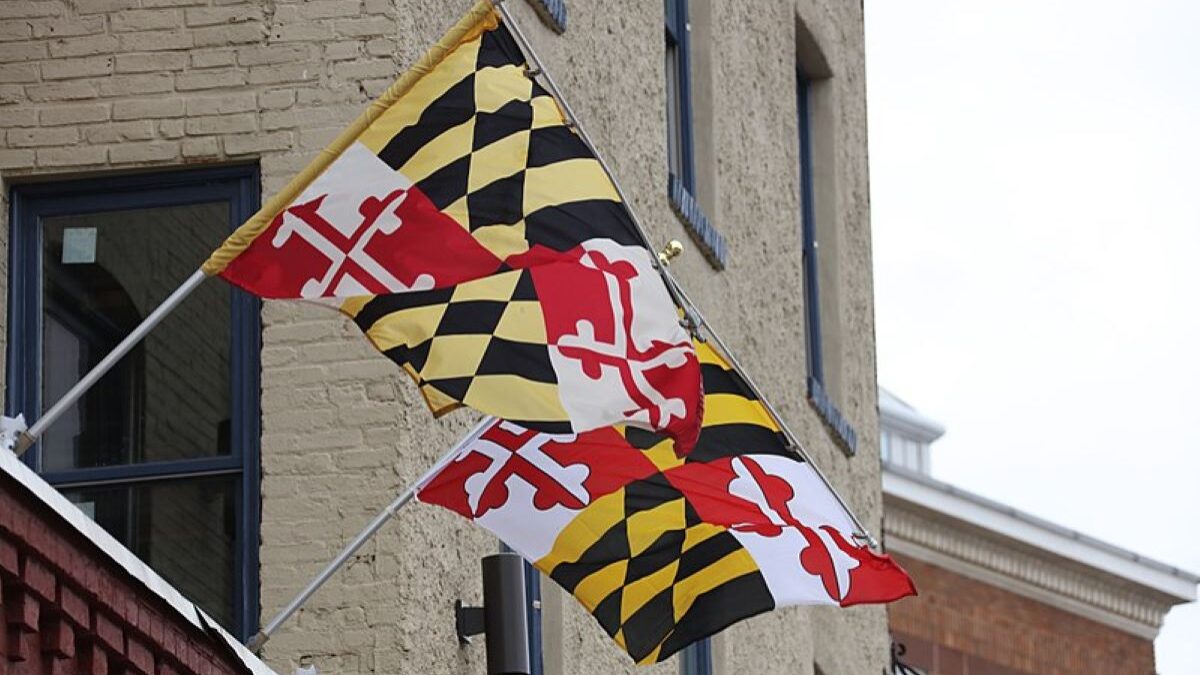
Oral arguments began in the Fourth Circuit Court of Appeals on Friday in a case determining whether a Maryland county can authorize children attending public schools to vote for school board.
Filed by the Public Interest Legal Foundation (PILF) in March 2021, the lawsuit in question contends that Howard County’s allowance of 6th-11th graders to elect a full voting student member of the locality’s board of education constitutes a direct violation of the First and 14th Amendments. According to a PILF-produced factsheet summarizing the case, the Howard County Board of Education consists of eight members, two of whom are elected “at large” and five by “residential districts.” The board’s final position is reserved for a student “elected only by students attending public schools from grades 6th through 11th.”
As noted in PILF’s suit, however, students attending religious schools or homeschooled are not permitted to vote in the race, which the legal group says violates the First Amendment’s free exercise clause. The contest was filed on behalf of Howard County residents William Holland, Lisa Kim, and Kim’s son, the latter of whom was a 6th-grade student attending a religious school at the time of the lawsuit’s filing.
“Defendant Howard County Board of Education (‘Board’) is operating a system of election and governance that violates the Fourteenth and First Amendment by allowing children only attending public schools, but not religious schools, to vote for public officials; allocating political power improperly to minors; and diluting and causing a malapportionment of political power,” the suit reads.
PILF further contends Howard County’s process violates the 14th Amendment’s equal protection clause, as students who are 18 years old would have more school board members than adults who aren’t students. “The suit also employs the [equal protection clause] to allege that teachers who are able to wield power on which students will be selected via the process is unfair,” Gabe Kaminsky wrote in these pages.
A district court previously dismissed PILF’s suit in November 2022 without allowing discovery or oral arguments to be held. In its appeal, the legal group claimed the district court’s actions “disregarded both the Complaint’s allegations and the Maryland Code” and requested the appellate court grant its request for oral argument. That request was ultimately approved.
Ahead of Friday’s hearing, PILF President J. Christian Adams blasted the absurdity of giving “someone or a group of people greater representation than anyone else.” He also criticized the notion that some schoolchildren are granted “greater representation than adults” and further highlighted Howard County’s discriminatory practice of denying students “who attend religious schools the right to vote.”
The move to grant minors the ability to vote on local affairs is hardly exclusive to Howard County, however. Democrat-controlled municipalities in Maryland and California have passed legislation permitting minors as young as 16 to vote in local elections. Meanwhile, Democrat states such as Michigan have changed their laws to allow 16-year-olds to pre-register to vote so that they’ll be eligible to “automatically … cast their ballot in the first election following their 18th birthday.”
At the national level, congressional Democrats have gone as far as to propose constitutional changes that would lower the voting age for federal elections. Earlier this year, Democrat Rep. Grace Meng of New York put forward a constitutional amendment that, if passed, would repeal the 26th Amendment by lowering the voting age to 16. Amending the Constitution via Congress requires passage by two-thirds of the House and Senate, as well as three-fourths of the states.
Last year, Sen. Elizabeth Warren, D-Mass., introduced the “Youth Voting Rights Act,” which would treat universities as “voter registration agencies” under federal law and require these institutions to serve as polling places for federal elections. The bill would also allow 16- and 17-year-olds to pre-register to vote before turning 18.
It’s worth mentioning that during the 2022 midterms, younger voters overwhelmingly supported Democrats over Republicans. According to a survey conducted by Edison Research, “63% of youth voted for a Democrat, and 35% voted for a Republican candidate to the U.S. House of Representatives.”





